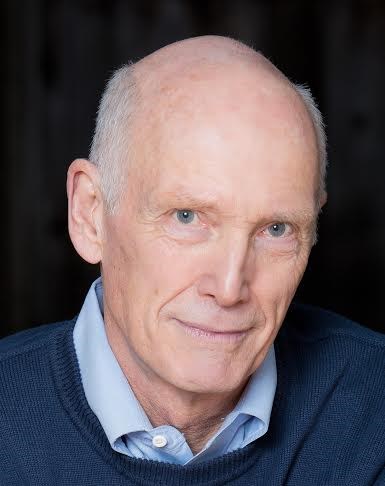Over the past several weeks, I’ve engaged in a number of conversations about the health of institutions.Ìý In an anti-institutional age, I’m a contrarian.Ìý I think institutions matter.Ìý I think they provide a structure of common values within which lives of meaning and significance can be composed.Ìý I think they provide a backbone that enables the soul of spirituality to take root and grow in community, where it belongs.Ìý So, I think we ignore the positive dynamics of institutions at our peril.
As I listened in those conversations, an underlying set of assumptions surfaced.Ìý Most people see institutions as contracted communities.Ìý They are made up of individuals who have contracted to be together for a particular purpose.Ìý That purpose usually has to do with the benefits that the individual gets from the institution.Ìý If the individual feels that the benefits are not being delivered, then they feel free to leave in search for another institution that serves them better or in search of their own self-generated well-being.Ìý
I see things differently.Ìý For me, institutions are structures for togetherness that have been handed down and refined through the wisdom many generations.ÌýÌý They preserve core values that enable us to flourish in community.Ìý Community, not the individual, is the essential unit of human life.Ìý We are conceived in community.Ìý We are born into community.Ìý We grow in community.Ìý We flourish in community.Ìý To the degree that we deny this in our current delusions about individualism, we burden ourselves with pressures that cannot be handled by lone human beings.Ìý To think we have this kind of sagacity and strength on our own is self-defeating.
In a wonderful series of conversations about leadership designed and facilitated by Jason Byassee, occupant of the Butler Chair in Homiletics and Biblical Hermeneutics at Vancouver School of Theology, in the spring of 2016, we were introduced to a seminal book that reformed my view of institutions – Hugh Heclo’s On Thinking Institutionally (Oxford, 2008).Ìý Heclo makes a compelling argument for the appreciating institutions as a liberating middle ground between the wandering individual confronted by a bewildering range of choices and the oppressed community that gives up all freedom to institutional authority.Ìý This middle ground is a place to stand within the good that institutions produce for human well-beings.Ìý It’s a place where positive aspirations shape communal collaboration. ÌýThis mind-set respects the faithful reception in institutions of the wisdom of the past, finds there ‘infusions of values’ to uphold in the present, and stretches our thinking both into the past and into the future in search of the best ways to flourish as a human community.
It’s like being in conversation with generations who have gone before to illuminate the generations that live together today for the sake of generations yet to come.Ìý In Christian spirituality, we call it ‘the communion of saints.’Ìý
As I mentioned in I have just finished the sad and strangely satisfying task of sorting through the books and papers of one John Duncan, a mentor in ministry to me for decades.Ìý John died in the fall of 2014 in his 88th year.Ìý His personal library had more than 6,000 volumes in it.Ìý He really messed up a lot of those books.Ìý He would underline sections and carry on a dialogue/debate with the author in the margins of the books.Ìý Time and time again, I would find myself sitting down on the stool that I used to reach the top shelves and listen in on that conversation with the author.Ìý But John was a great example of someone whose spirituality was shaped by thinking institutionally.Ìý Respecting, and even revering, those who have practiced the faith reflectively does not mean mindless devotion to their way of seeing and being.Ìý John had his own way of appreciating and appropriating this wisdom.Ìý His life was lived in the creative tension between the wisdom of his predecessors and the adaptation of that wisdom for his work and witness in the present and the future.Ìý
It’s an inspiring practice of spirituality within an institution to which I continue to aspire.
 Brian FraserÌýis lead provocateur of Jazzthink and minister with Brentwood Presbyterian Church in Burnaby, BC.Ìý He works primarily with not-for-profit staffs and boards convening COOL conversations for SMARTer leadership.Ìý You can find out more at
Brian FraserÌýis lead provocateur of Jazzthink and minister with Brentwood Presbyterian Church in Burnaby, BC.Ìý He works primarily with not-for-profit staffs and boards convening COOL conversations for SMARTer leadership.Ìý You can find out more at
You can read more articles from our interfaith blog, Spiritually Speaking


